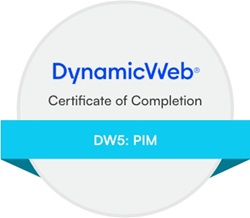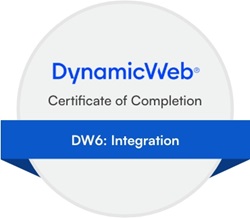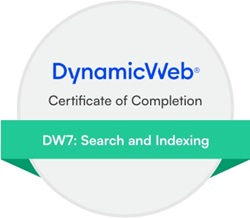Hi,
We need to import the products from BC in several languages. The request is:
<GetEcomData><tables><Products type="all" setLanguage="LANG1" languages="ENU" /></tables></GetEcomData>
And the response is ok:
<item table="EcomProducts">
<column columnName="ProductID"><![CDATA[BCD-001]]></column>
<column columnName="ProductLanguageID"><![CDATA[LANG1]]></column>
<column columnName="ProductName"><![CDATA[BATA CIRUJANO SIMPLE TALLA ESTÁNDAR NO ESTÉRIL C/70UDS]]></column>
...
</item>
<item table="EcomProducts">
<column columnName="ProductID"><![CDATA[BCD-001]]></column>
<column columnName="ProductLanguageID"><![CDATA[ENU]]></column>
<column columnName="ProductName"><![CDATA[SIMPLE SURGEON GOWN NON-STERILE STANDARD SIZE W/70 UNITS]]></column>
...
Now we map these data into DW by a Scheduled task that calls a Data integration job. This way, products with ProductLanguageID="LANG1" are mapped ok, but products with ProductLanguageID="ENU" are wrong as they should be integrated with ProductLanguageID="LANG2"
We are considering
- Inside the Data integration job, to duplicate the table mappings and to filter them by "LANG1" or "ENU"
- To create a new Scheduled task and a new Data integration job for LANG2
Is this the best way? What are your suggestions?
Regards,
Tomas














